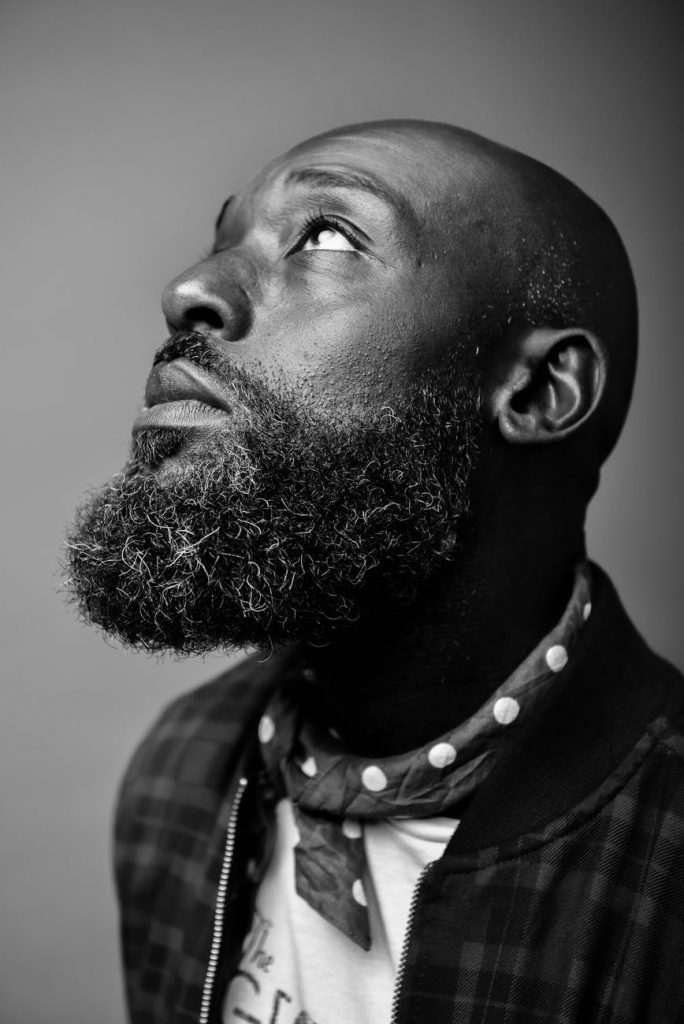
"Even though black men and women each had prevalent and historical instances of mistreatment in healthcare because of race; black men received delayed justice. In an article overview of the Tuskegee Study one writer states “ Yet to this day, no one has been prosecuted for their role in dooming 399 men to syphilis.
A Year’s Scope of Black Lives Matter Part 2: Health inequities between black men and women.
During the 1930s a study was conducted by the United States Public Service to evaluate the affects of syphilis on the black population—today this study is known as the Tuskegee Syphilis study for the Negro male. The study was held over the course of a 40-year period. Black men in Macon Alabama area were recruited for study under the ruse that they would receive free medical care and treatment for their diagnosis. Unfortunately, the study went on to last for decades and neither the men who were participants of the study and their families they infected were treated for the syphilis virus. The study was eventually shut down and flagged for its unethical practices. Decades later the results were made known to the public and the men that were once a target of a treatment study now became a point of obscurity.
While history tell us little information about these men who were participants in this study it did tell us one huge confounding factor—that they were black men. Now although this may seem like a minute detail, the fact that a major U.S. health study was conducted on black men says that at one point in history; black men’s health was a priority. Now the reasoning behind why males were chosen over females during this time period may have more to do with patriarchal standards in public health. However, it does reveal a certain pathway that lead to the lack of attentiveness to black men and their health needs. Due to the high prevalence of syphilis diagnosis in the one Macon town, men and women were initially both recruited for the study. However, after the men were drafted to the war; men were only permitted to be drafted and not women according to the Military Select Service Act of 1948. This shifted the focus of the syphilis study to be on black men and not black women. To date 600 black men were used for this study and as a result the relationship with black men and medicine has been damaged.
Studies have shown that even though the Tuskegee study took place decades ago—the mistrust primarily among black men has become a barrier to accessing health services. Myths and fears surrounding preventative care in the black community are very prevalent. However, the narrative and health outcomes of black men compared to black women vary differently and this is a direct result from the Tuskegee study. Due to black men being at the focal point of the study the amplification of hesitancy among black male patients heightened. Even though black men and women each had prevalent and historical instances of mistreatment in healthcare because of race; black men received delayed justice. In an article overview of the Tuskegee Study one writer states “ Yet to this day, no one has been prosecuted for their role in dooming 399 men to syphilis.”
In 2018 the mayor of New York city created a four point comprehensive plan that would address the high maternal deaths among women of color—which is one of highest causes of negative health outcomes for black women. We can see this model showing up in across the nation. Healthcare systems, organizations and institutions are recognizing the health inequities black women are currently facing. However, we don’t see this trend for black men. There is still a lack of intervention and policy protection for black men’s health. However, one of the reasons for the lack of intervention is because the presence of black men in health research is still largely absent. Initiatives such as the Black Men’s Health Project a nationwide survey aims to address the gaps in data on black men have proven to be helpful and gathering information on the black male population. Just last year during the pandemic in wake of the national protest surrounding the death of George Floyd the Social Status of Black Men and Boys Act was passed –which also aims to address the social and health inequities among black men. Many strides within the past year have been made to address the health needs of black men. Nevertheless, the damage cannot be undone overnight. In confronting the disparities surrounding black men’s health—black men should be made a priority as we move forward in creating a more equitable healthcare system.

BCPHR.org was designed by ComputerAlly.com.
Visit BCPHR‘s publisher, the Boston Congress of Public Health (BCPH).
Email [email protected] for more information.
Click below to make a tax-deductible donation supporting the educational initiatives of the Boston Congress of Public Health, publisher of BCPHR.![]()
© 2025-2026 Boston Congress of Public Health (BCPHR): An Academic, Peer-Reviewed Journal
All Boston Congress of Public Health (BCPH) branding and content, including logos, program and award names, and materials, are the property of BCPH and trademarked as such. BCPHR articles are published under Open Access license CC BY. All BCPHR branding falls under BCPH.
Use of BCPH content requires explicit, written permission.